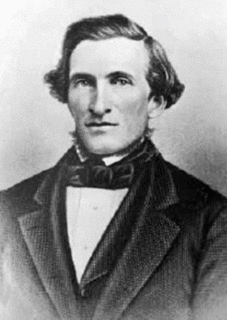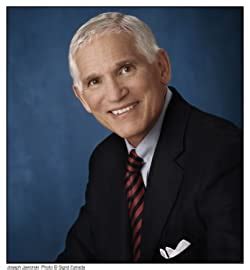A Quote by Sir George Savile, 8th Baronet
He who thinks his place below him, will certainly be below his place.
Related Quotes
The patient man is merry indeed.... The jailers that watch him are but his pages of honour, and his very dungeon but the lower side of the vault of heaven. He kisseth the wheel that must kill him; and thinks the stairs of the scaffold of his martyrdom but so many degrees of his ascent to glory. The tormentors are weary of him. the beholders have pitty on him, all men wonder at him; and while he seems below all men, below himself, he is above nature. He hath so overcome hlmself that nothing can conquer him.
Therefore the Sage, wishing to be above the people, must by his words put himself below them; wishing to be before the people, he must put himself behind them. In this way, though he has his place above them, the people do not feel his weight; though he has his place before them, they do not feel it as an injury. Therefore all mankind delight to exalt him, and weary of him not.
A man that advances in spiritual and in temporal matters at the same time, minding to keep the spiritual first, will not let the temporal lead him; he will not place his heart upon his farm, his horses, or any possession that he has. He will place his desires in heaven, and will anchor his hope in that eternal soil; and his temporal affairs will come up as he advances in the knowledge of God.
Man is a megalomaniac among animals-if he sees mountains he will try to imitate them by pyramids, and if he sees some grand process like evolution, and thinks it would be at all possible for him to be in on that game, he would irreverently have to have his whack at that too. That daring megalomania of his-has it not brought him to his present place?
You cannot stay on the summit forever; you have to come down... So why bother in the first place? Just this: What is above knows what is below, but what is below does not know what is above. In climbing, take careful note of the difficulties along your way; for as you go up , you can observe them. Coming down, you will no longer see them, but you will know they are there if you have observed them well.
Let no one imagine that he will lose anything of human dignity by this voluntary sell-out of his all to his God. He does not by this degrade himself as a man; rather he finds his right place of high honor as one made in the image of his Creator. His deep disgrace lay in his moral derangement, his unnatural usurpation of the place of God. His honor will be proved by restoring again that stolen throne. In exalting God over all, he finds his own highest honor upheld.
In place of our exhaustion and spiritual fatigue, God will give us rest. All He asks is that we come to Him...that we spend a while thinking about Him, meditating on Him, talking to Him, listening in silence, occupying ourselves with Him - totally and thoroughly lost in the hiding place of His presence.
When a man finds that it is his destiny to suffer, he will have to accept his suffering as his task. . . . He will have to acknowledge the fact that even in suffering he is unique and alone in the universe. No one can relieve him of his suffering or suffer in his place. His unique opportunity lies in the way in which he bears his burden.
People of peace, men and women of desire, such is the splendor of the Temple in which you will one day have the right to take your place. Such privilege should astonish you less, however, than your ability to commence building it down here, your ability, in fact, to adorn it at every moment of your existence. Remember the saying 'as above, so below', and contribute to this by making 'as below, so above'.
Prosperity knits a man to the world. He feels that he is finding his place in it while really it is finding its place in him. His increasing reputation, his widening circle of acquaintances, his sense of importance, the growing pressure of absorbing and agreeable work build up in him a sense of being really at home on earth which is just what we want.


































